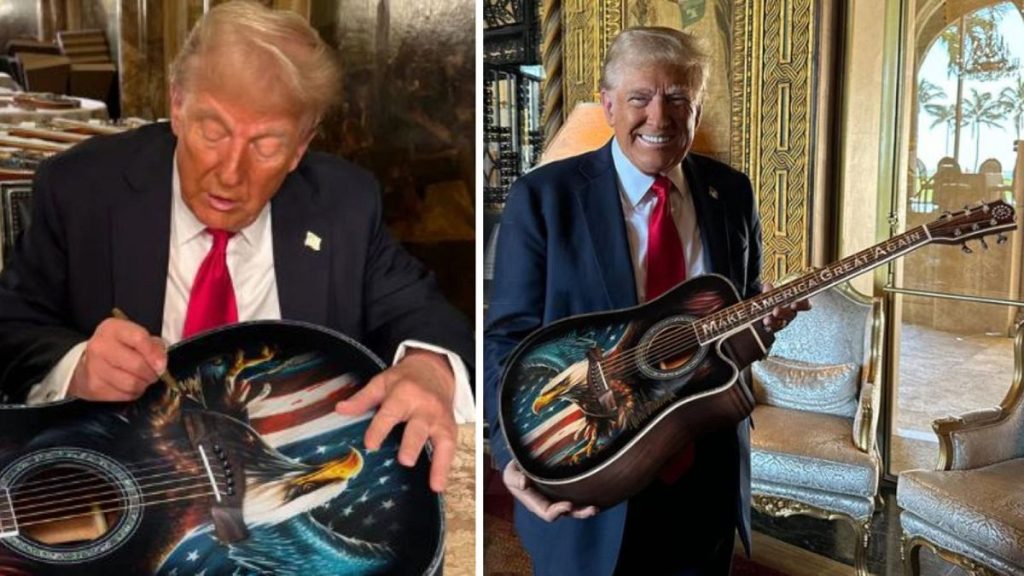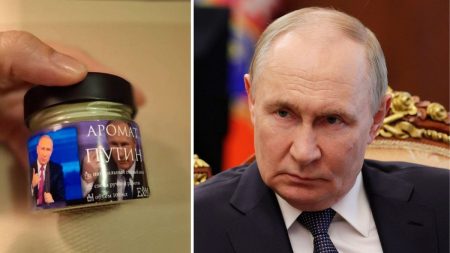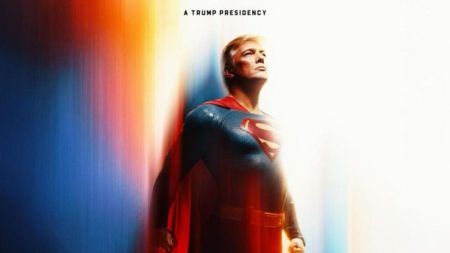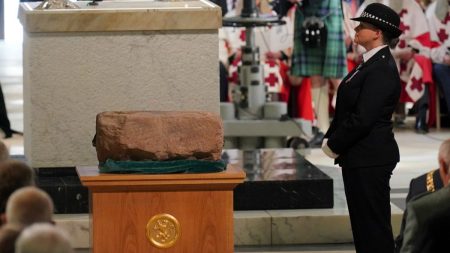The launch of a MAGA-branded line of guitars has stirred controversy, as these instruments are touted as the only models officially endorsed by former President Donald J. Trump. The guitars, styled after the iconic Les Paul design, represent yet another element of Trump’s expanding merchandise portfolio. Among the offerings are signed editions that command prices exceeding $10,000, attracting attention from collectors and fans alike. The marketing purports to feature a unique “American Eagle Series” with Trump’s famous campaign slogan, “Make America Great Again,” prominently inlaid along the guitar neck, thus embedding a piece of political symbolism into a commercial product.
However, the announcement of these guitars has not gone without legal repercussions. The renowned guitar manufacturer Gibson has taken a stand against the new product line, asserting that Trump Guitars is infringing on its trademarks. Specifically, the iconic shape of the Les Paul guitar is at the center of the dispute. Gibson’s cease-and-desist order targets 16 Creative, the owner of Trump Guitars, and aims to protect its proprietary designs from what it considers unauthorized mimicry in the marketplace. This legal action highlights the intersection of commercial interests and trademark law within the music industry, particularly in how companies protect their intellectual property.
Despite the claims of authenticity and craftsmanship highlighted on the Trump Guitars website, questions arise regarding the actual production process of the instruments. The site boasts of being custom designed by a veteran-owned business alongside a master luthier’s expertise, suggesting a level of quality and exclusivity. Yet, an examination of the frequently asked questions section reveals a more complex reality, noting that the guitars are manufactured by “multiple providers” internationally and domestically. This disparity raises concerns among consumers and collectors about the authenticity of craftsmanship and the overall integrity of the product.
Gibson’s response indicates a broader issue related to brand identity and consumer trust in the guitar market. The dispute showcases the importance of maintaining a clear distinction between established brands and new entrants seeking to capitalize on existing reputations. As guitar enthusiasts well know, brands like Gibson represent decades of tradition, craftsmanship, and musical history, making any infringement particularly sensitive. The challenge for new ventures lies in finding a unique space in the competitive market without encroaching on the established brands which have built their names through years of innovation and quality.
The legal battle facing Trump Guitars could not only affect the sales and reputation of this new line of instruments but may also resonate with broader trends in the intersection of politics, merchandise, and branding. As politicians increasingly engage in commercial endeavors to bolster their public personas, the implications for trademark law and consumer perceptions become more significant. The results of such disputes could set precedents for how future political merchandise is regulated and marketed. Additionally, as the public’s interest continues to intertwine with political campaigns, understanding the authenticity behind these products becomes vital for discerning consumers.
Ultimately, the confrontation over the MAGA-branded guitars encapsulates a modern instance of trademark influence within politics and brand management. The ongoing litigation between Gibson and Trump Guitars serves as a reminder of the intricate web connecting culture, commerce, and personal branding in today’s society. As the story develops, both the guitar community and the broader public will be monitoring the implications of this case, given its potential consequences on future political merchandise and the enduring legacy of iconic brands in the music industry. Understanding the nuances of such disputes will prove essential for enthusiasts and stakeholders navigating a landscape where art, commerce, and politics converge.














